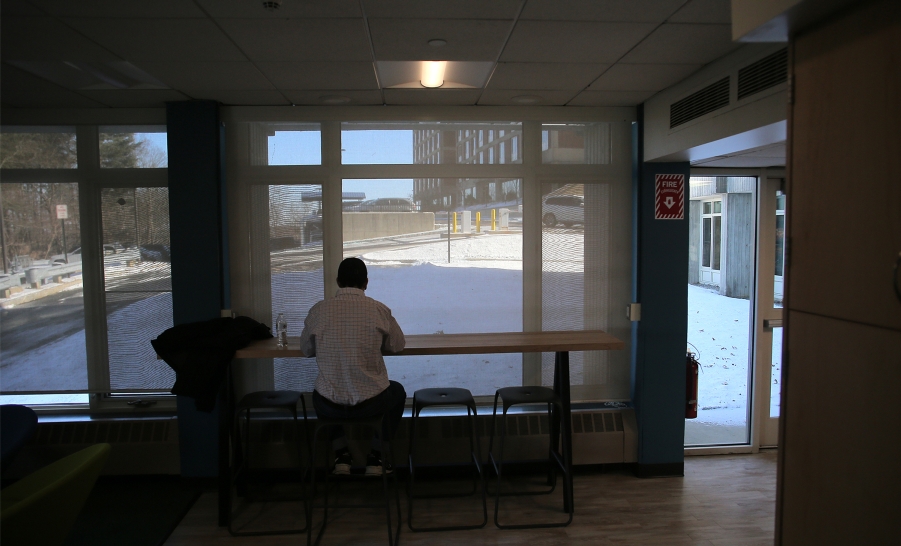2022: The Year in #AdvocateFirstgen
As 2022 comes to a close, it’s a good time to reflect on the year’s #AdvocateFirstgen efforts that benefited first-generation college students.
Kiebler & Stewart / Analyses of Social Issues and Public Policy / December 2021

Twenty-eight University of Michigan students (12 first-generation/low-income and 16 from more educated, affluent families) were invited online to provide open-ended responses and photographs representative of their experiences during COVID-19, in a modified Photovoice approach. Given the literature, the authors expected that cultural mismatch, class stereotypes, and relative deprivation would be relevant features of the accounts of self-identified first-generation/lower-income students’ experience, in contrast to their peers. Using thematic analysis, three themes differentiated the written accounts of the experiences of the two groups of students: changed environmental demands, comparison to similar or different other students, and change or continuity in the availability of institutional support. Both groups of students shared concerns about issues with mental health, and concern for family. While first-generation/lower-income students reported that they experienced less access to space and quiet for their schoolwork, their counterparts reported that their conditions for studying were better. Additionally, when comparing themselves to others, first-generation students mentioned their best guesses about the experiences of more affluent students, while nonfirst-generation students tended to compare themselves to those like themselves. Finally, while nonfirst-generation students wrote of continued institutional support and dedication to schoolwork, first-generation students reported having fewer resources for academic success.